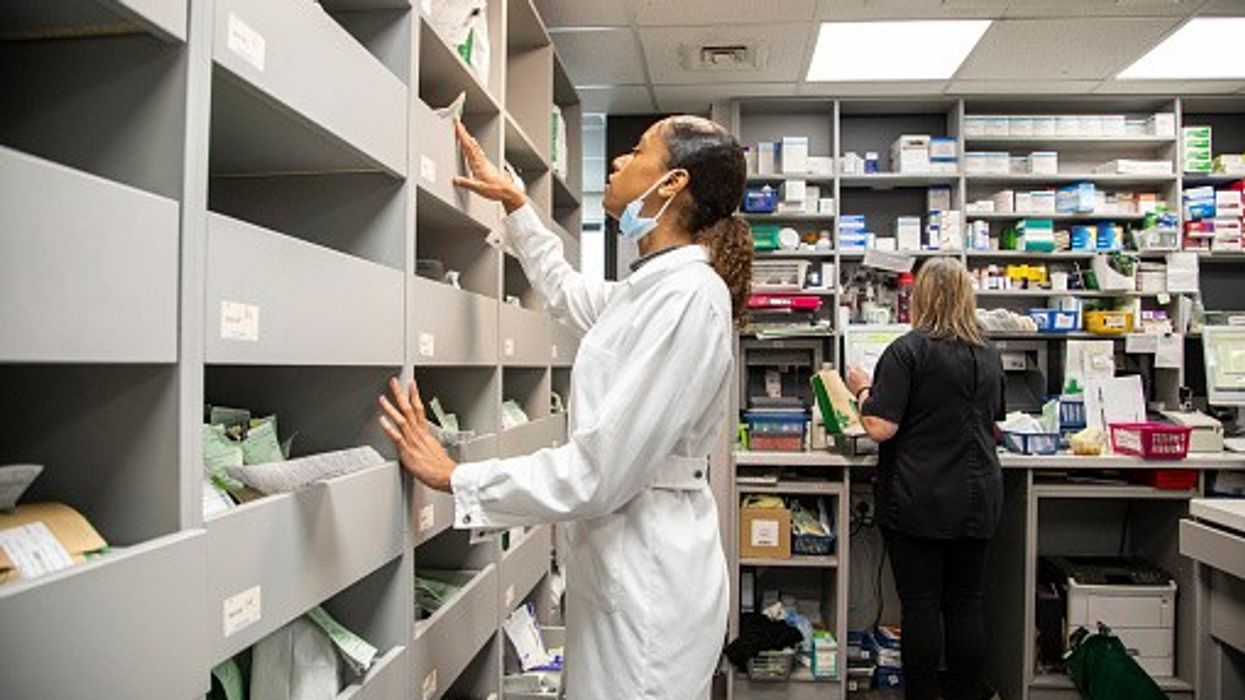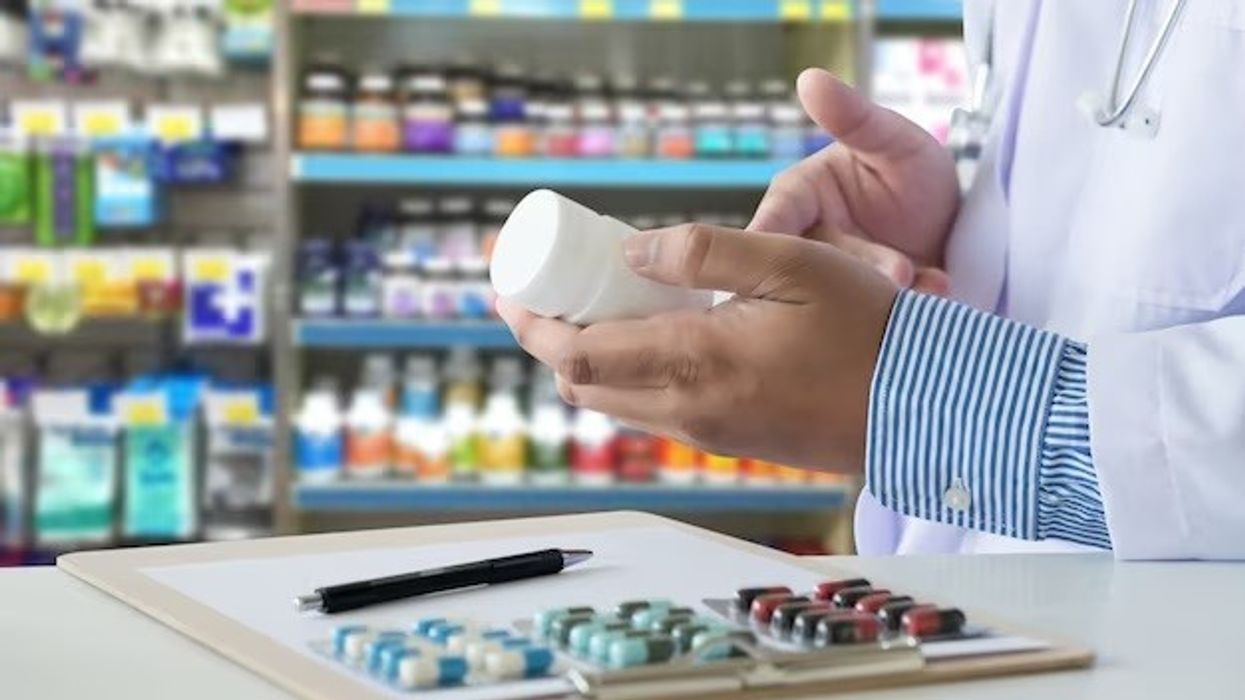Key Summary
- Under the AI Airlock programme, companies work directly with regulators to test new AI-powered medical devices
- The programme is backed by the government’s new Regulatory Innovation Office
- It cuts red tape and brings safe new technologies to patients in a shorter timeframe
Medicines and Healthcare products Regulatory Agency (MHRA) has received a £1 million boost for its AI Airlock programme, where companies can work directly with regulators to test new AI-powered medical devices.
The regulator on Monday (23) invited applications for the second round, following its successful pilot phase that saw four breakthrough AI technologies.
This initiative is part of the Government’s AI Opportunities Action Plan and its response to the Regulatory Horizons Council report on the regulation of AI for medical devices.
This programme is backed by the government’s new Regulatory Innovation Office (RIO), which is supporting regulators to test more agile, flexible ways of working that can keep pace with emerging technologies like AI and create a more innovation-friendly environment in the UK.
By cutting red tape, the RIO is helping to deliver the government’s plan to support NHS innovation and accelerate technologies that can help people.
MHRA interim executive director James Pound said the traditional regulatory pathways weren’t designed with AI’s unique characteristics in mind, and the AI Airlock programme helps address this gap by creating a supervised testing ground, "where these novel technologies and challenge areas can be safely investigated".
Science minister Lord Vallance said initiatives like AI Airlock are helping to cut red tape and bring safe new technologies to patients quicker.
Health minister Baroness Merron said, “AI has huge potential to improve healthcare, and we need to use it safely and responsibly."
“This £1 million investment will help bring new medical tools to patients faster and strengthen the UK’s position as a global leader in healthcare innovation,” she added.












